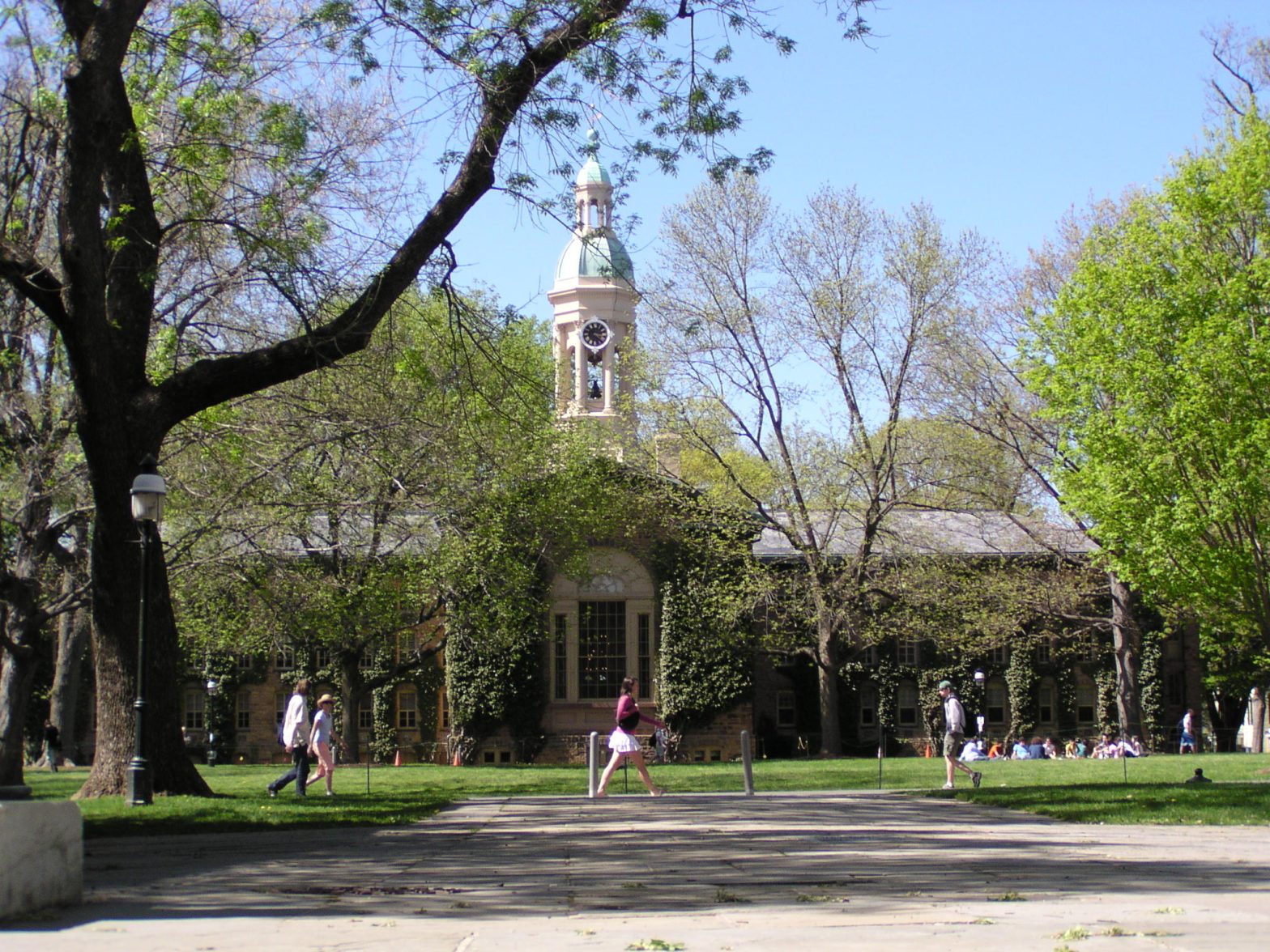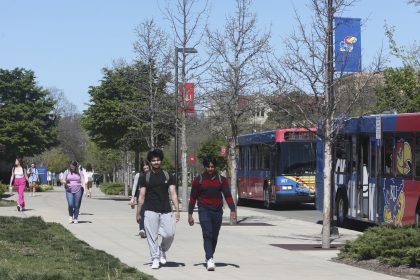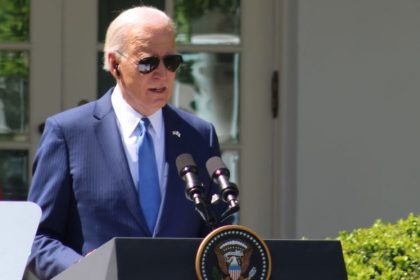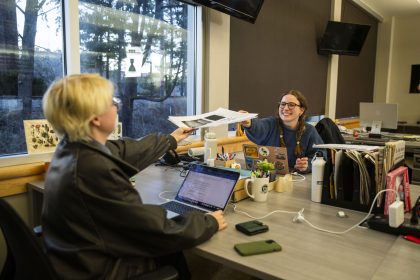Third Way Offers Lawmakers Insight into America’s New Education Landscape

Third Way recently added new additions to its ACADEMIX Upshot series, a short-form research series dedicated to examining the impact of COVID-19 on America’s education system. Academic experts across the country have contributed to Third Way’s series since it first launched this past summer.
According to the think tank’s website, “The ACADEMIX Upshot series aims to equip lawmakers with the actionable, evidence-based information they need to consider how their decisions will impact student outcomes and the behavior of colleges and universities by partnering with academic researchers to deliver timely and relevant information.”
New additions to the Upshot series feature topics ranging from online education to adult learner participation amid the pandemic’s recession, and more.
In “What We Know About the Cost and Quality of Online Education,” authored by Dr. Justin Ortagus of the University of Florida, Dr. Ortagus examines what high-quality education looks like in an online format. He offers a glimpse into why online education is not necessarily cheaper than in-person education, noting that building high-quality online courses requires more than having the necessary technology to host classes.
“Setting aside the considerable expenses related to technology and course infrastructure, the design and development of online courses require faculty members to work with a team of instructional designers, production specialists, multimedia specialists, and other support personnel to create video lectures, animations, interactive tutorials, and more.”
In order to help colleges provide high-quality online education, the report proposes that legislators offer guidance via the Department of Education on the best practices of achieving high-quality instruction. At the same time, the report notes that policymakers need to hold colleges accountable for their accreditation program costs.
In “Déjà vu All Over Again? The COVID-19 Recession and Adult Participation in Postsecondary Education,” Dr. Sarah Turner of the University of Virginia draws comparisons of the challenges faced by adult learners from past recessions to those now faced amid the COVID-19 pandemic.
According to Dr. Turner, historically adults who returned to the classroom during a recession were likely to enroll in high numbers at community colleges, for-profit universities, or other types of higher education institutions.
Dr. Turner says that despite this historic trend, “Still, the evidence and ‘lessons’—not necessarily learned—from past downturns suggest that postsecondary enrollment alone does not guarantee the attainment of valuable credentials. In the worst cases, aspirations for the development of new skills produced only crippling debt and weak employment prospects for adult students.”
To better help adult students amid the pandemic recession, the brief suggests that higher education institutions need to provide customized guidance on school choice that currently is not being offered as much to adult learners. Additionally, the brief suggests that the federal government should restructure the financial aid system to better accommodate adult learners, especially those who experienced job loss due to a recession.
The ACADEMIX Upshot series features more policy briefs on the areas of test-optional college admissions, equity in online instruction, and foster care youth.
The ACADEMIX Upshot series is part of a larger series, ACADEMIX, from Third Way that features long-form research on the education system.






















